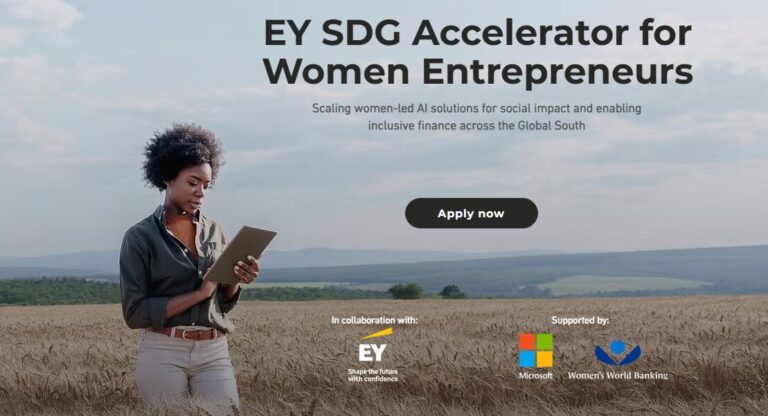Mindjoy SA ed-tech startup is making coding more accessible for kids

Mindjoy, a Cape Town-based ed-tech company, wants to make coding skills available to kids – and adults — on any internet-enabled device.
Gabi Immelman founded Mindjoy in July 2021 to address one of the industry’s most widespread issues: a lack of digital skills development.
Mindjoy offers live, small-group virtual coding sessions to kids aged eight and up using Replit, a browser-based development environment that doesn’t require any special hardware or software.
The goal is for them to have “hard fun” while learning real programming languages through hands-on projects. The lessons are led by vetted and certified coaches who are responsible for cultivating curiosity and promoting rigorous analytical thinking.
Mindjoy’s purpose is to improve vital abilities in children while they learn to express themselves using technology. It is now operating in Africa and Europe. The platform is accessible from anywhere in the world, and children from as far as the United Kingdom (UK), Hungary, the Netherlands, Sweden, and Spain have participated in coaching sessions.
“The Mindjoy platform is designed to help youngsters interact, code, and create in dynamic groups for maximum peer learning.” “This strategy ensures that youngsters have a delightful, motivating, and collaborative learning experience,” Immelman added.
With the help of the OfferZen Community, Mindjoy started with a closed beta, working with smaller groups of youngsters to build and perfect the coaching mode.
Mindjoy’s data-driven approach was used from the start to iterate for and understand what makes for a fun and kid-friendly coding environment.
“Working in Silicon Valley allowed me to glimpse what the future of education might look like — children studying asynchronously in blended environments as digital natives.” But, more importantly, both children and adults took part in learning communities. They see learning as something you do rather than something that is forced upon you. “Mindjoy’s approach to learning is unique because of this discovery,” said Immelman.
“The most noticeable difference was the youngsters’ attitude toward learning – they seemed to love it.” They were involved participants with busy minds. Learning was not something they were forced to do; it was something they chose to do for themselves and shared with others. I realized how this can assist children establish a positive attitude about learning. Mindjoy’s mission is to develop learning environments that children enjoy and are driven to engage in by making it a fun experience while also teaching them important skills.”
Mindjoy aspires to develop a non-person-dependent environment in which children can learn these skills in a scalable manner.
“Because we can’t scale developers, Mindjoy is developing a scalable peer-to-peer learning system.” “The goal is not only to contribute to addressing the growing digital skills gap, but also to deliver delightful, inspirational, and collaborative learning experiences for children,” stated Immelman.
Mindjoy is backed by FireID, a startup capital firm, and is currently in a closed beta phase. More countries are being added to Mindjoy’s user base on a weekly basis, and Immelman claims that the company’s marketplaces have no geographical borders.
“However,” she explained, “the concentration is on countries in the EMEA time zones.”
Mindjoy, according to Immelman, concentrated on getting unit economics right from the start.
“When compared to one-on-one tutoring, small group programs provide for a higher contribution margin. “We started with a small group of users in a closed beta to evaluate our core offering – coaching, small groups, and coding in a mastery-based framework,” she explained. “We’re now expanding Mindjoy by connecting the right kids, projects, and coaches for optimal learning experiences that inspire kids to fall in love with coding.”
The organization is now focusing on expansion, with the ultimate objective of connecting millions of children across South Africa, Africa, and Europe.
“Programming will be a part of most jobs in some shape or form in the next decade.” This will result in millions more programming jobs being created faster than traditional universities can train computer scientists, according to Immelman. “That being said, one of the most powerful aspects of programming is that you don’t need to go to university to learn it. There are a plethora of internet resources and communities to join, and it’s one of those abilities that is best learned by doing.”







